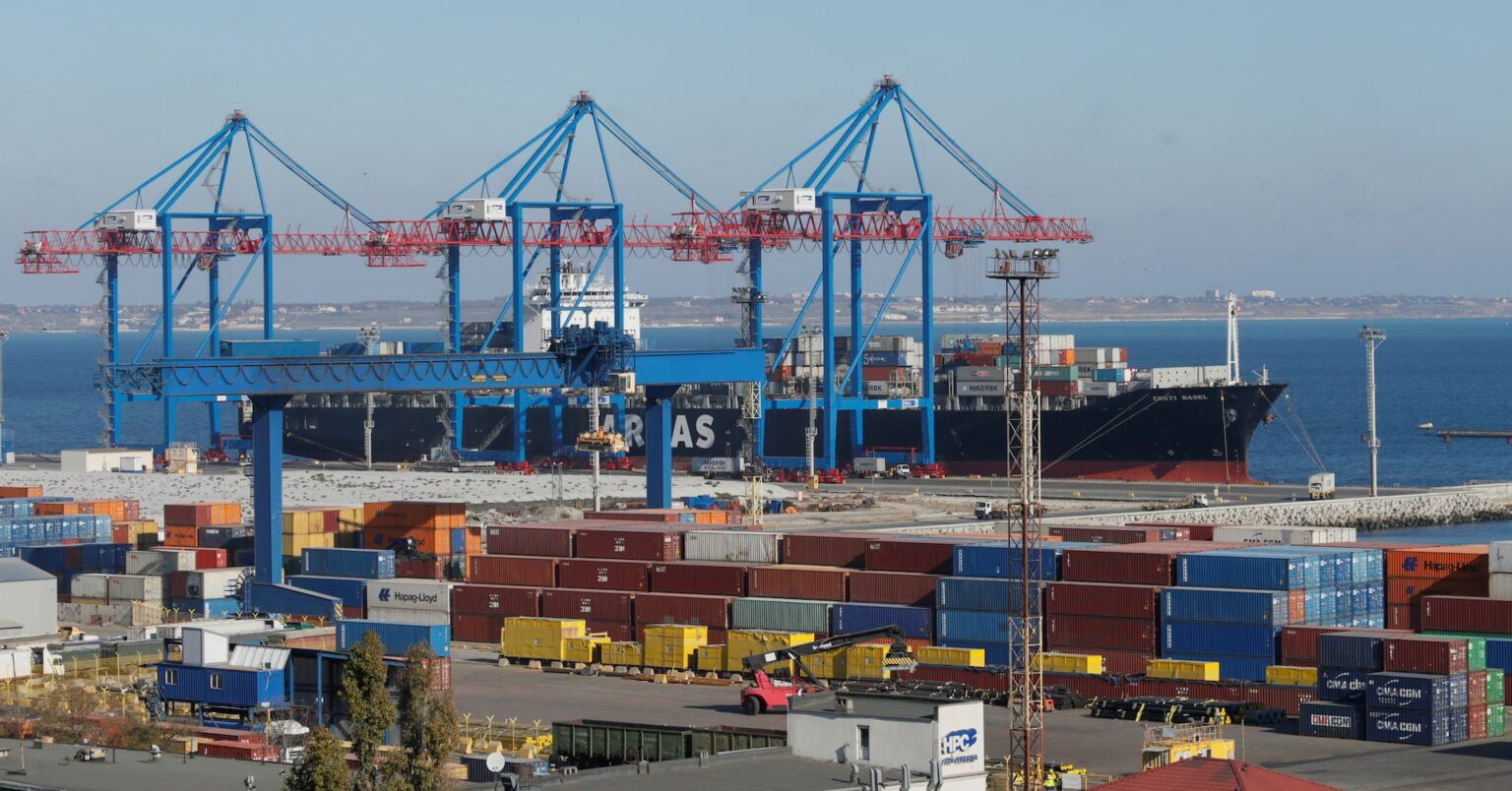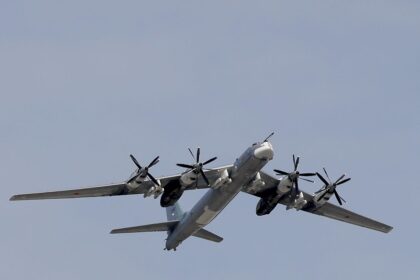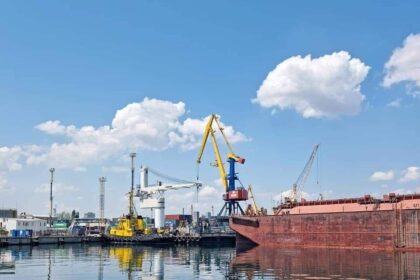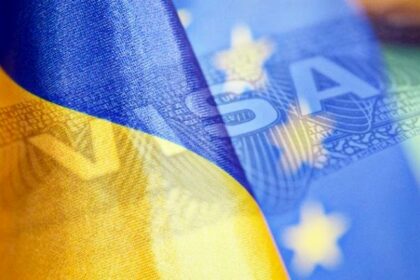**Ukraine to Shift Focus from Raw Material Exports to Food Processing**
As the European Union’s (EU) temporary duty-free and quota-free trade arrangement with Ukraine comes to an end on June 5, Kyiv is planning a significant shift in its agricultural export policy. The move aims to reduce reliance on raw material exports and boost domestic food processing, according to Ukrainian farm minister Vitaliy Koval.
**60% of Ukraine’s Exports Go to EU**
Agricultural goods account for about 60% of Ukraine’s total exports, which were valued at $41.6 billion last year. The EU purchased around 60% of those goods, worth approximately $15 billion. With the end of the free trade regime, Ukraine can expect a significant decline in export revenue.
**EU to Impose Quotas on Ukrainian Goods**
The EU’s decision to impose quotas on Ukrainian agricultural exports is expected to be finalized by the end of July. This move has been prompted by lobbying from EU farmers, who are concerned about cheap Ukrainian competition. Koval acknowledged that Ukraine will suffer losses as a result of this change.
**Boosting Domestic Production and Processing**
To mitigate the impact of reduced export revenue, Ukraine plans to prioritize domestic food processing over raw material exports. The government aims to increase production and utilization of its own processing plants. For instance, oilseed processors have proposed limiting the export of oilseeds to boost domestic production of vegetable oil, which can be more profitable.
**Ukraine Pushes for Better Terms with EU**
Koval emphasized that Ukraine is pushing for an agreement with the EU on better terms than it had before the war. He expressed hope that quotas will be expanded compared to 2021. The government’s goal is to create additional value and processing products, thereby increasing export revenue.
**Commentary and Deeper Analysis**
The shift in Ukraine’s agricultural export policy is a response to changing market conditions. As the EU’s temporary trade arrangement comes to an end, Kyiv must adapt to ensure continued economic stability. By focusing on domestic food processing, Ukraine can reduce its reliance on raw material exports and create new revenue streams.
However, this shift may also come with challenges, such as increased competition from other countries that have traditionally exported processed foods. Ukraine will need to invest in its processing infrastructure and develop a strong value-added export sector to remain competitive.
In conclusion, the end of EU preferential trade marks a significant turning point for Ukraine’s agricultural export policy. As Kyiv adjusts to this new reality, it is essential to monitor how these changes impact the country’s economy and food security.
Read More @ www.reuters.com












